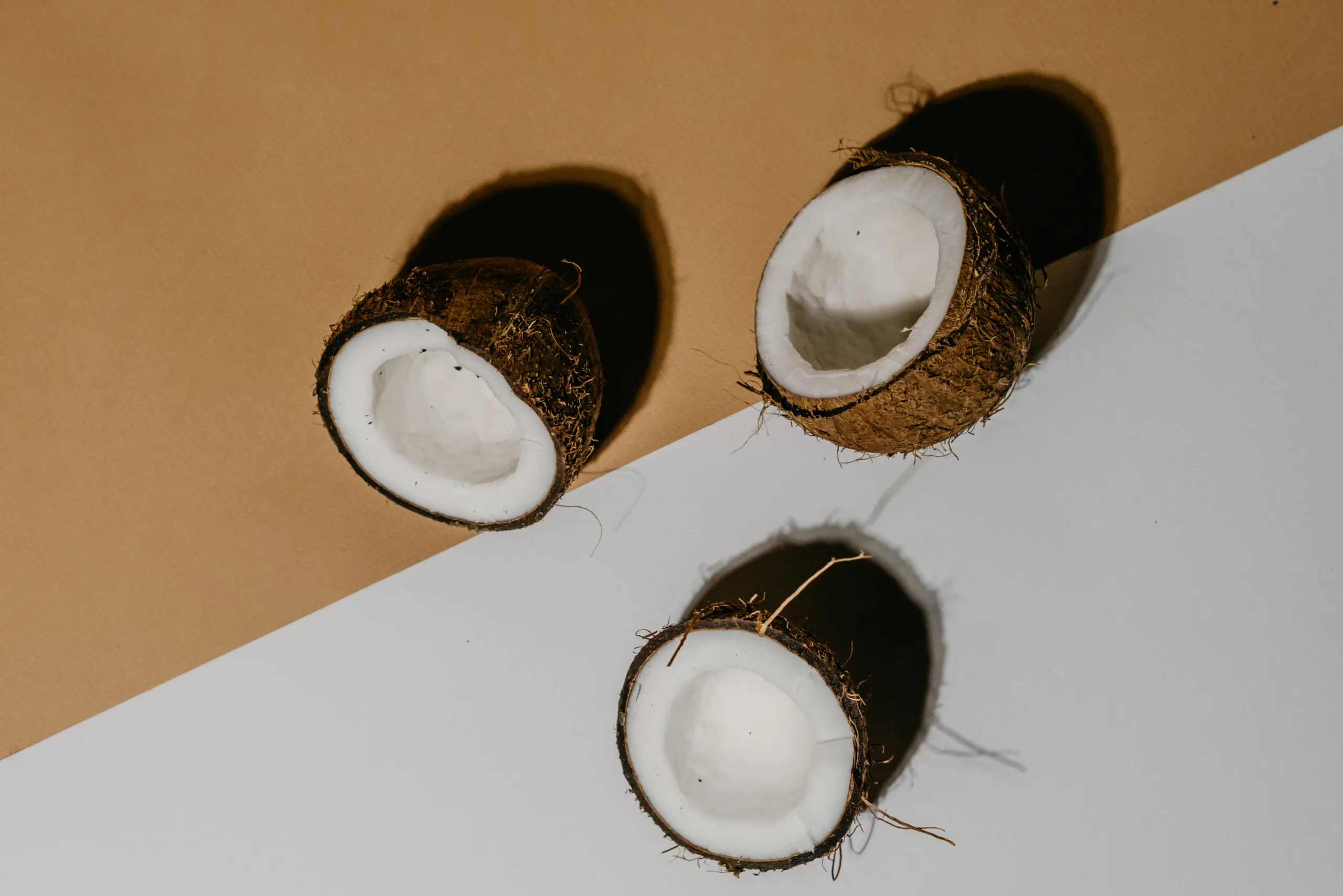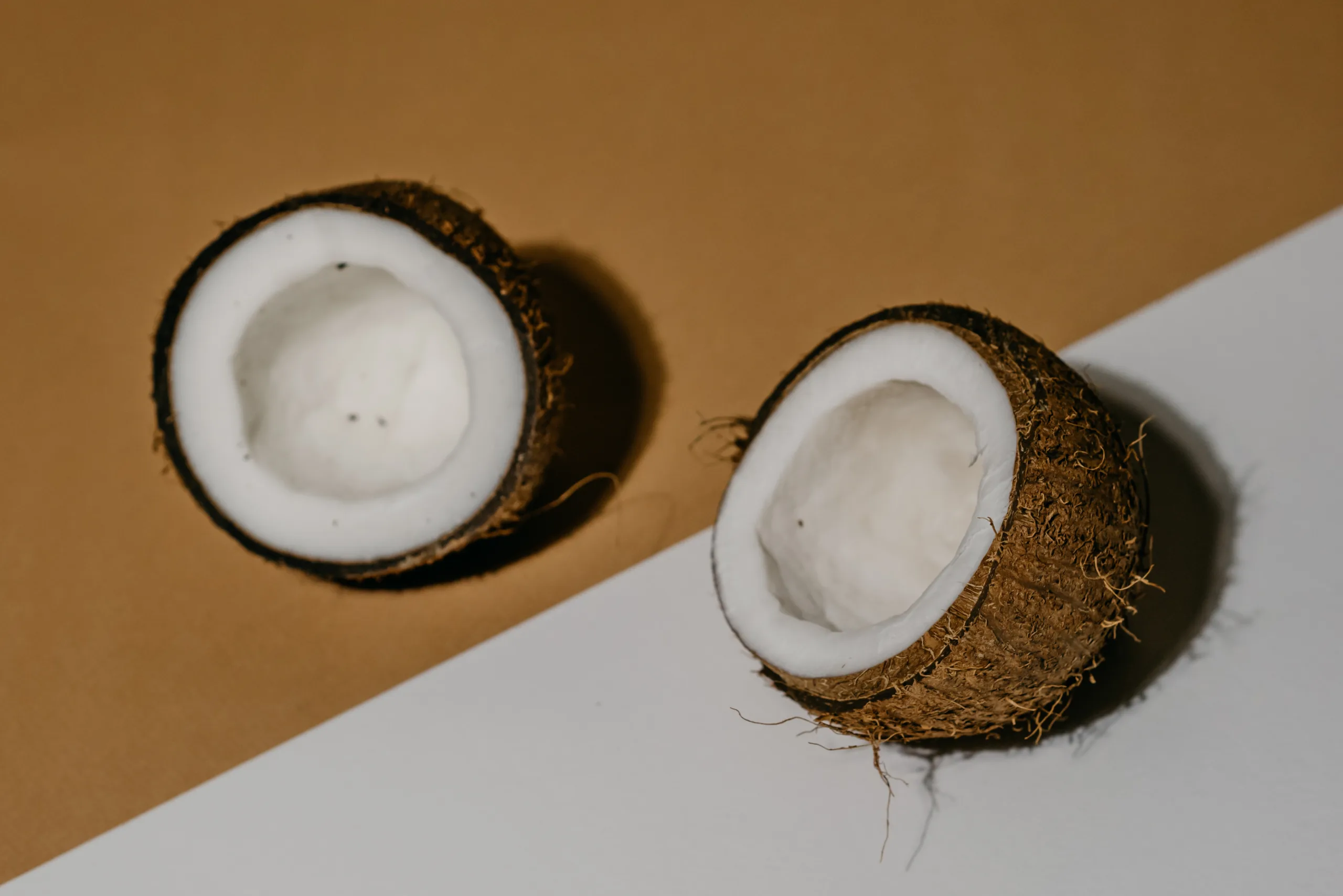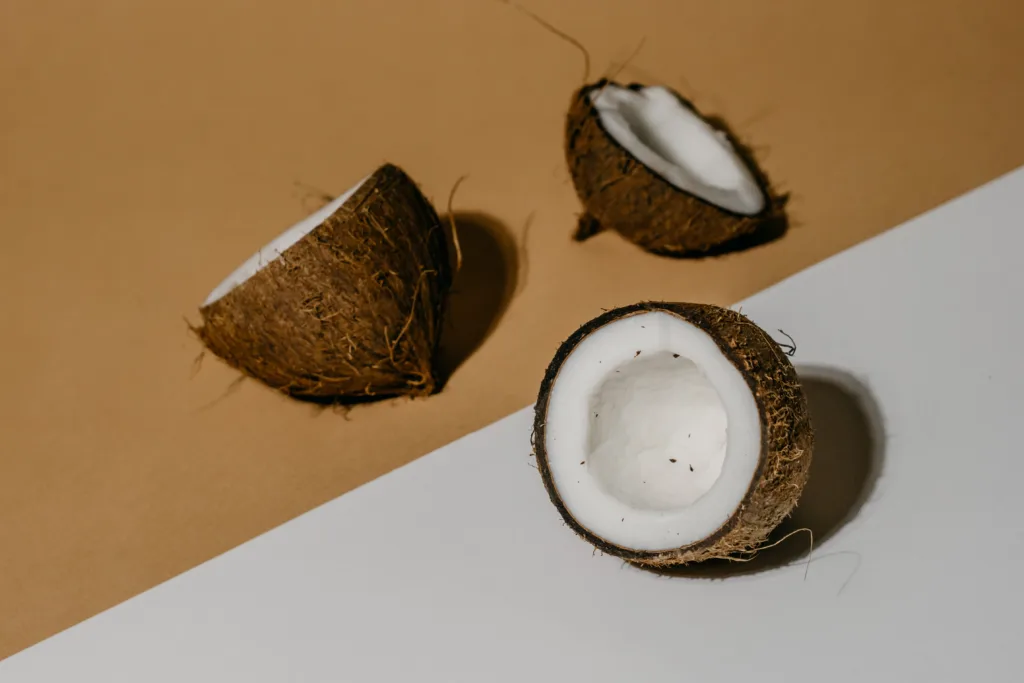Have you ever opened a can of coconut milk, only to find that it has expired? You might be wondering how long coconut milk lasts beyond its expiration date. It’s important to know the shelf life of food products, especially those stored in cans or cartons. In this article, we’ll answer the question of how long does coconut milk last after its expiration date and provide tips on storing it safely.
After the expiration date of a carton of coconut milk has passed, it is not safe to consume. The shelf life of coconut milk is usually around 7-10 days after opening the container, so it is best to use it up before that time.
How to Store Coconut Milk and Extend Its Shelf Life
Coconut milk is a versatile and delicious dairy-free alternative that can be used in a variety of recipes. However, it can spoil quickly if not stored properly. To ensure that coconut milk stays fresh for as long as possible, there are a few steps you can take to extend its shelf life.
The first step to storing coconut milk is to keep it refrigerated. Coconut milk should always be stored in the refrigerator once opened, and it should not be left out at room temperature for more than two hours. When shopping for coconut milk, look for one that is labeled “refrigerated” or “shelf stable” so you know how to store it properly.
It is also important to check the expiration date before buying coconut milk. Make sure the expiration date has not passed and that the container is undamaged and sealed tightly, as this will help prevent spoilage. Once opened, transfer any unused coconut milk into an airtight container or a resealable plastic bag and store in the refrigerator for up to five days.
When freezing coconut milk, make sure to use an airtight container or freezer-safe plastic bag so it doesn’t absorb any odors from other food items in the freezer. Be sure to leave enough room in the container or bag for expansion when freezing so that the lid or seal doesn’t break open during freezing. Frozen coconut milk will last up to six months in the freezer before needing to be discarded.
Finally, always shake or stir coconut milk before using it since separation may occur during storage due to its high fat content. This will help ensure that your recipe turns out just right! With these simple tips, you can easily store and extend the shelf life of your favorite dairy-free alternative – coconut milk!
Temperature
One of the main factors that affect the shelf life of coconut milk is temperature. Coconut milk is a highly perishable food product and should be stored at temperatures below 40 degrees Fahrenheit. If stored at higher temperatures, bacterial growth can occur, causing spoilage. If you are storing coconut milk in your refrigerator, make sure to check the temperature frequently to ensure that it is being kept at the proper temperature. Additionally, if you are using canned coconut milk, make sure to store it away from direct sunlight and heat sources to prevent it from spoiling prematurely.
Seal
Another factor that affects the shelf life of coconut milk is the seal on the container. If there is any sign of damage or leakage, then it can drastically reduce the shelf life of coconut milk. Make sure that all containers containing coconut milk are well sealed and not leaking or damaged before storing them in your refrigerator or pantry. Additionally, if you are using canned coconut milk, make sure to check for any dents or damage before purchasing as this can also reduce its shelf life.
Expiration Date
The expiration date on a package of coconut milk should always be taken into consideration when deciding how long it will last. Although expiration dates are typically conservatively estimated by manufacturers, they will give you an idea as to how long a product will stay fresh and safe for consumption. It’s important to never consume food past its expiration date as this can lead to food poisoning or other serious health issues.
Storage Method
The storage method used for coconut milk can also affect its shelf life. For example, if you store an opened container of coconut milk in your refrigerator without properly covering it with a lid or wrap, then air exposure can cause it to spoil much faster than if it were kept sealed up tight. Similarly, if you store opened cans of coconut milk in your pantry without covering them tightly with their lids or wrapping them up in plastic wrap, then air exposure could cause spoilage as well.
Signs of Spoiled Coconut Milk
Coconut milk is a popular ingredient in many recipes, from vegan dishes to smoothies and desserts. However, when coconut milk goes bad, it can be difficult to tell without tasting it. Knowing the signs of spoiled coconut milk can help you determine if your coconut milk is still safe to consume or not.
The most obvious sign of spoiled coconut milk is an off-putting odor. If your coconut milk has a sour smell or has a smell that is different from its original scent, it has likely gone bad. Additionally, if the texture of the coconut milk has changed significantly or if it looks lumpy or clumpy instead of its normal creamy texture, this can also be a sign that the coconut milk has gone bad.
Finally, if the color of the coconut milk has changed from its original light tan color to a darker yellowish-brown color, then it is likely spoiled and should not be consumed. It is also important to remember that all dairy products have expiration dates and should not be consumed after their expiration date for safety reasons. If you are unsure about any aspect of your coconut milk’s freshness, it’s best to err on the side of caution and throw it out rather than risk consuming spoiled dairy products.
Does Coconut Milk Need to Be Refrigerated?
Coconut milk is a popular dairy alternative that is made by combining the flesh of a mature coconut with water. While it is not as widely available as cow’s milk, it is gaining in popularity, especially among people who are lactose intolerant or looking for a vegan alternative. But does coconut milk need to be refrigerated?
The answer to this question depends on the type of coconut milk you buy. If you purchase canned coconut milk, then it should not need to be refrigerated until after opening, although some brands may recommend otherwise. Once opened, you should transfer any unused portions into an airtight container and store them in the refrigerator for up to five days.
If you buy carton-style coconut milk, then it should always be stored in the refrigerator once purchased. Unopened cartons can last for up to five days when stored properly. Opened cartons should be used within three days and any unused portions should be transferred into airtight containers and stored in the refrigerator for up to two days.
For both canned and carton-style coconut milk, make sure you check the expiration date before purchasing and consuming it. Also, note that some brands of coconut milk may contain additives or preservatives that can extend their shelf life; these products should always be stored in the refrigerator once opened regardless of their packaging type.

Tips for Increasing the Shelf Life of Coconut Milk
Coconut milk is a great addition to many recipes, but it can be expensive and hard to find in some areas. With the right storage techniques, you can extend the shelf life of coconut milk and make sure that you always have some on hand when you need it. Here are some tips for increasing the shelf life of coconut milk:
1. Buy only what you need: Coconut milk is perishable, so it’s best to purchase only what you need for a week or two at a time. Buying too much can result in wasted product.
2. Store in the refrigerator: Coconut milk should be stored in an airtight container and kept in the refrigerator at all times. This will help keep it fresh and reduce spoilage.
3. Freeze it: If you won’t be using your coconut milk within a few weeks, consider freezing it in ice cube trays or resealable plastic bags. This will help extend its shelf life and make sure that you always have some on hand when needed.
4. Buy shelf-stable varieties: Many brands of coconut milk now offer shelf-stable varieties that don’t require refrigeration before opening. These products are becoming increasingly popular, as they provide convenience and extended shelf life.
By following these tips, you can ensure that your coconut milk stays fresh and flavorful for longer periods of time. With careful storage techniques, you can enjoy this delicious ingredient for months to come!
Can You Freeze Coconut Milk?
Yes, you can freeze coconut milk. It is a great way to extend its shelf life and store it for later use. Freezing coconut milk can also be a convenient way to preserve excess milk that would otherwise go to waste. Coconut milk is a popular dairy alternative that is used in many recipes. It has a creamy texture and can be used in both savory and sweet dishes.
When freezing coconut milk, it is important to use an airtight container or bag. This will help prevent freezer burn and ensure that the flavor and texture of the milk remain intact when thawed. It is also important to leave some headspace in the container as the liquid will expand when frozen. Once sealed, the coconut milk should be stored in the coldest part of the freezer for up to three months.
When ready to use, it is important to thaw the coconut milk slowly by transferring it from the freezer to the fridge overnight or by running it under warm water until it becomes liquid again. Once thawed, it should not be refrozen so any unused portion should be stored in an airtight container and kept in the refrigerator for up to five days.
Overall, freezing coconut milk is an easy way to extend its shelf life and prevent food waste. Just remember to use an airtight container or bag, store it in the coldest part of your freezer, and thaw slowly before using so that you can enjoy its creamy texture and flavor!
How to Tell if Coconut Milk Has Gone Bad
Coconut milk is a delicious ingredient used in many dishes. But like any other food item, it can go bad over time. Knowing how to tell when coconut milk has gone bad is important for maintaining food safety and quality. Here are a few tips on how to tell if coconut milk has gone off.
The first way to tell if coconut milk has gone bad is to check the expiration date. If the expiration date has passed, then it’s likely that the coconut milk is no longer safe for consumption. You should also check for any signs of spoilage, such as discoloration or an off odor or taste. If these signs are present, then it’s best to discard the coconut milk.
Another way to tell if coconut milk has gone bad is by shaking the can or carton. If you notice that there are chunks floating in the liquid, then this is a sign that your coconut milk may have gone off. Additionally, if you open the can or carton and notice that there is a sour smell or that it looks lumpy and thickened, then it’s best to throw it away.
Finally, you should also look out for signs of mold growing on the surface of your coconut milk. This usually appears as black or green spots and indicates that your coconut milk has gone off and should not be consumed.

Conclusion
Coconut milk is a versatile ingredient that can last for several weeks after its expiration date. It is important to store it in the refrigerator, and never consume it if it has a sour or off odor. To make sure you don’t waste any coconut milk, you can freeze it to extend its shelf life. Refrigerated coconut milk will last up to two weeks, while frozen coconut milk can stay good for up to six months when stored properly.
Overall, if you want to maximize the shelf life of your coconut milk, store it in the refrigerator and use it within two weeks or freeze it for up to six months. This will help ensure that the product remains safe to consume and of high quality.
